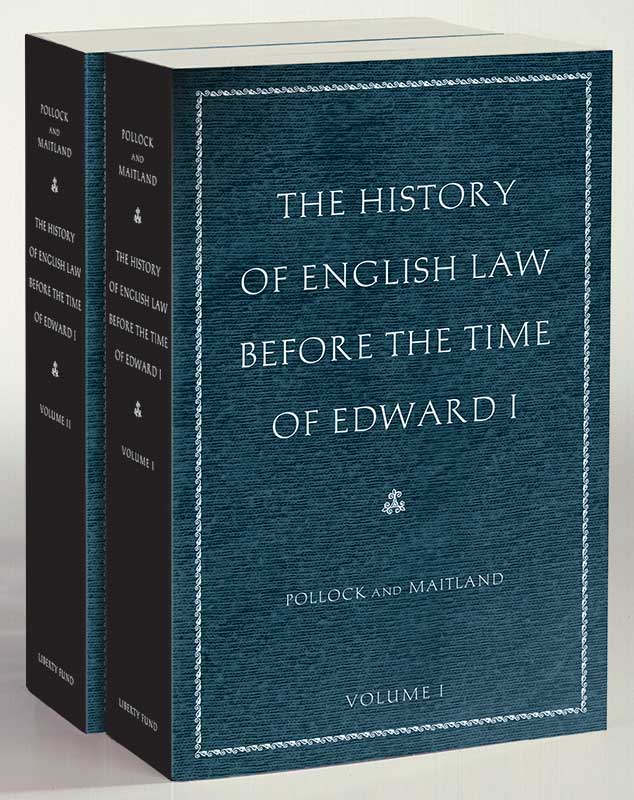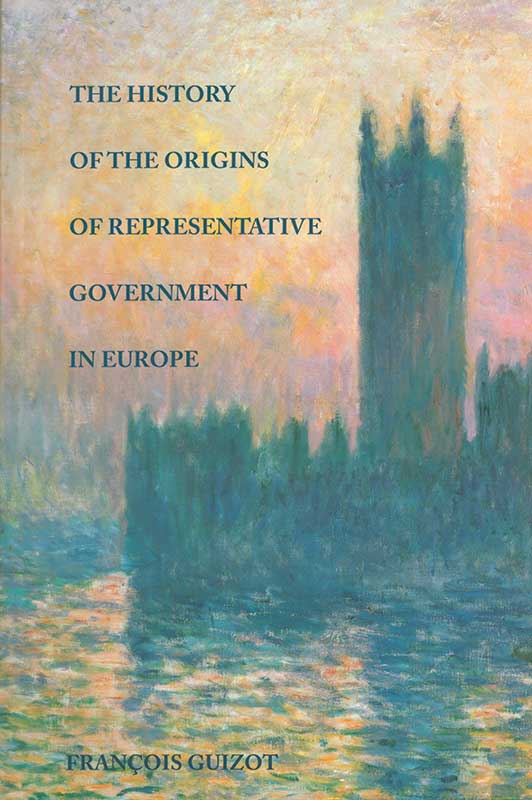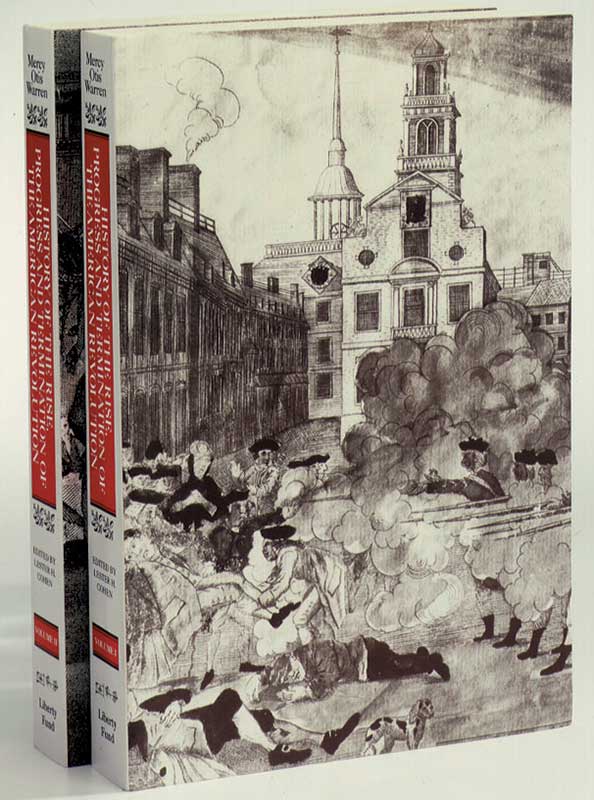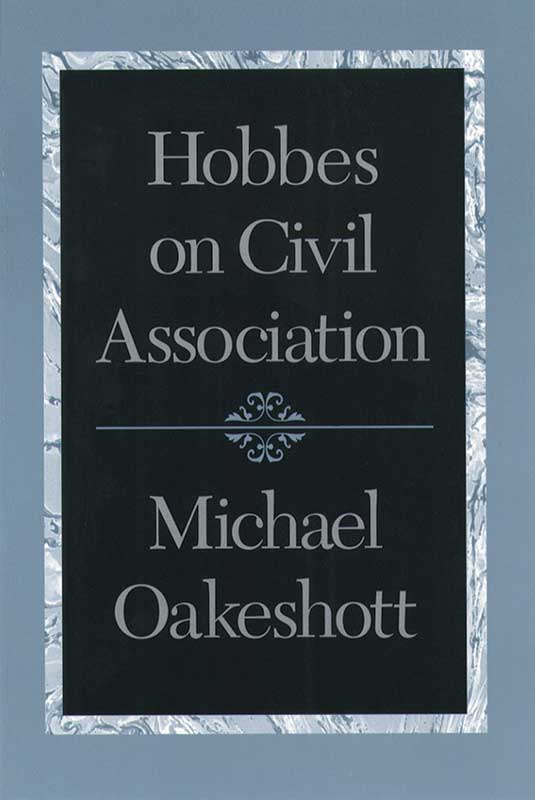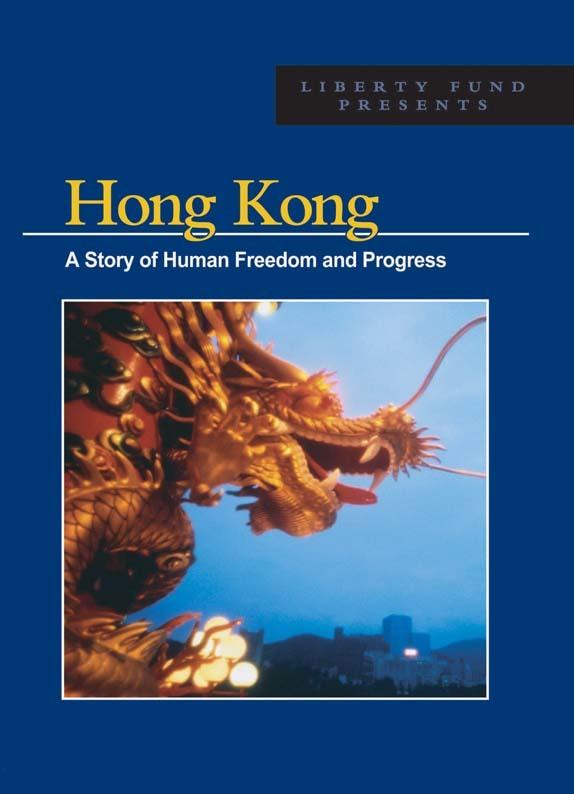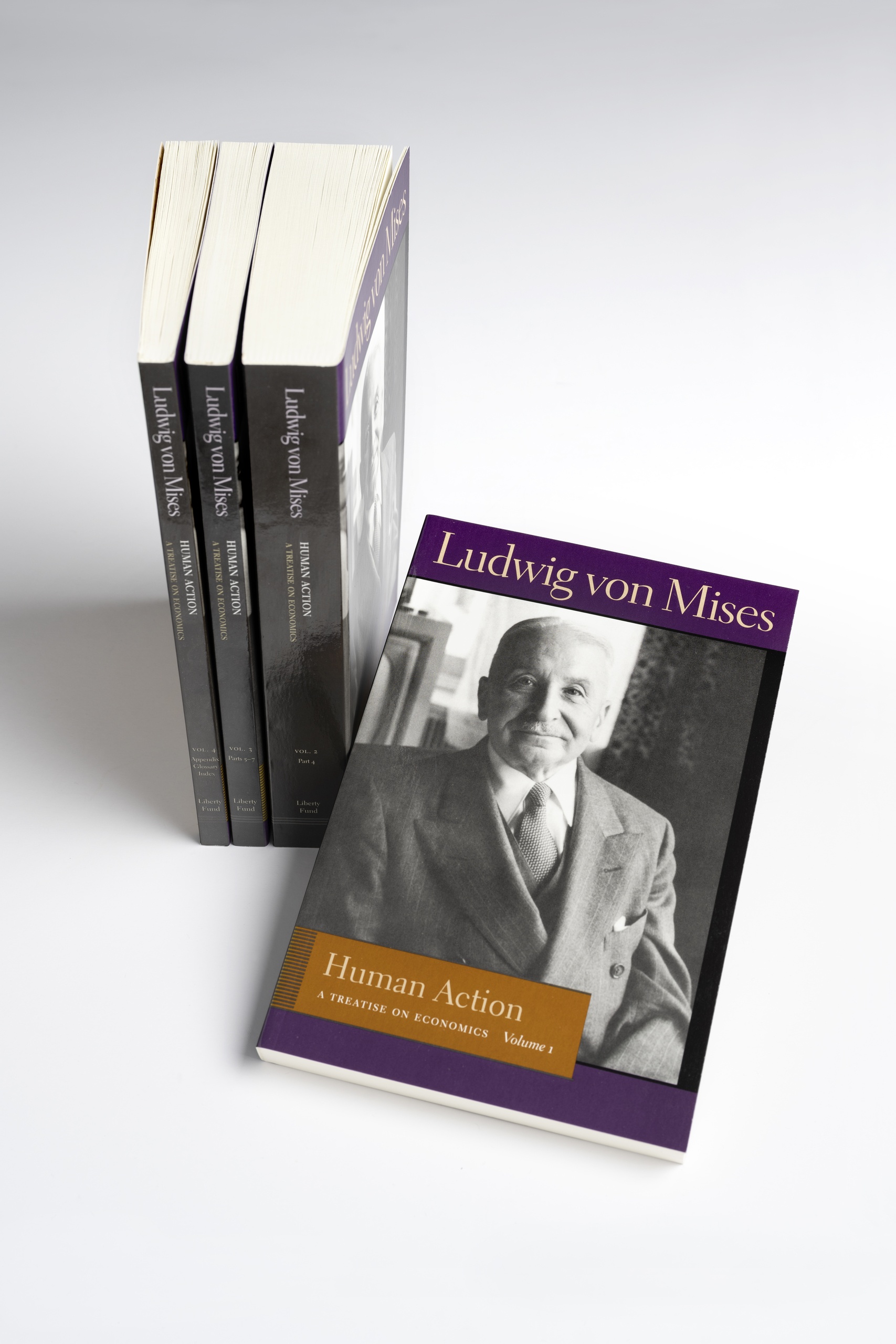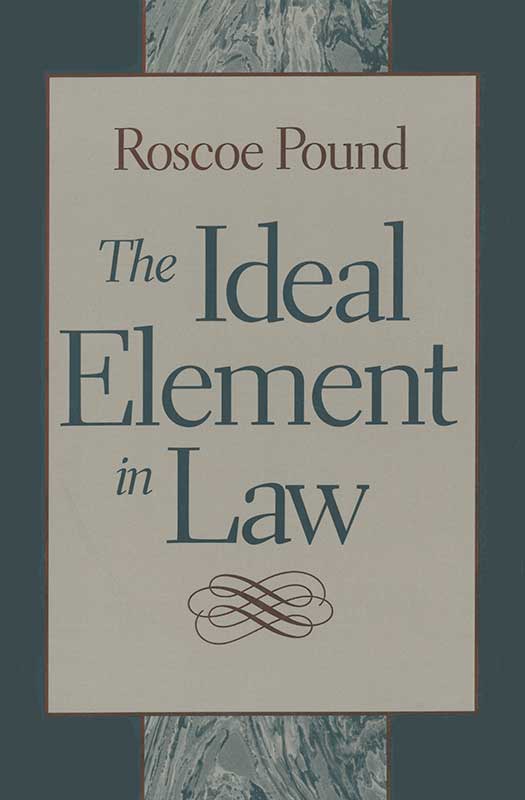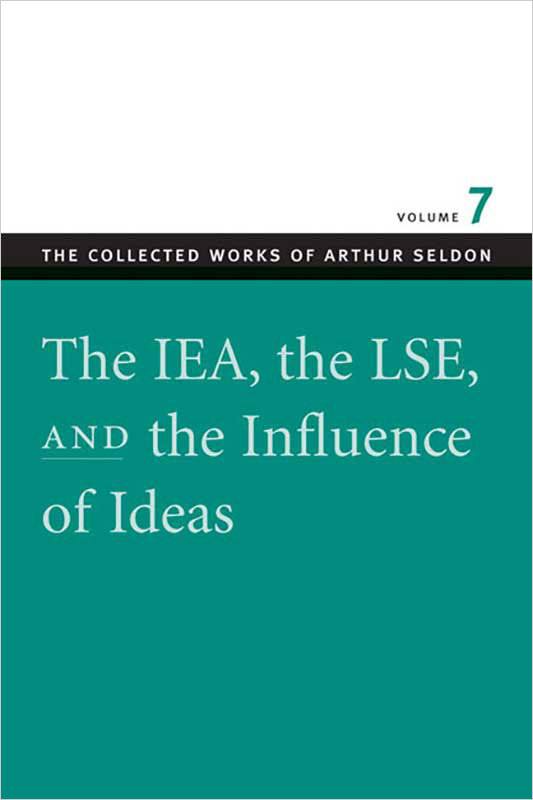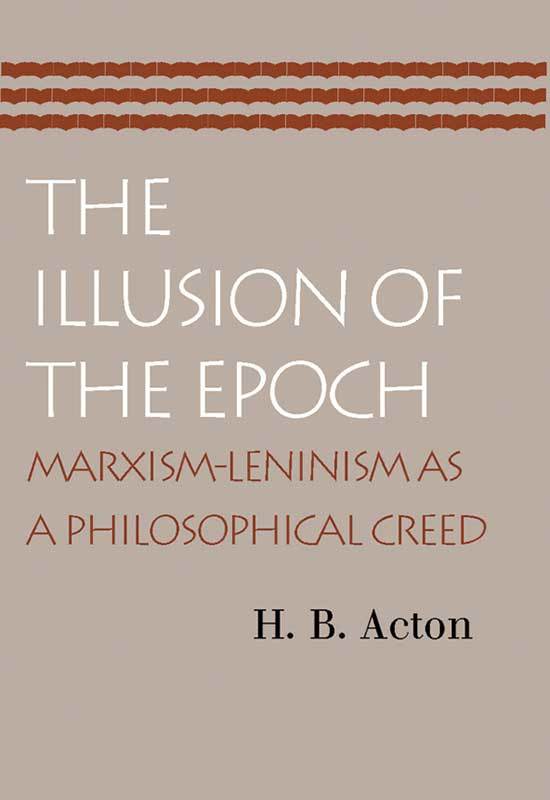Shop
-
The History of England
by David Hume
/ Learn MoreDavid Hume’s enduring reputation as the first modern thinker to develop a systematically naturalistic philosophy tends to obscure the fact that he was more famous among his contemporaries as a historian. Covering almost 1,800 years, The History of England from the Invasion of Julius Caesar to the Revolution in 1688 was the work that established Hume’s reputation in his own…
-
The History of English Law before the Time of Edward I
by Sir Frederick Pollock and Frederic William Maitland
/ Learn MoreFirst published in 1895, Sir Frederick Pollock and Frederic William Maitland’s legal classic The History of English Law before the Time of Edward I expanded the work of Sir Edward Coke and William Blackstone by exploring the origins of key aspects of English common law and society and with them the development of individual rights as these were gradually carved…
-
The History of the American Revolution
by David Ramsay
/ Learn MoreDavid Ramsay’s History of the American Revolution appeared in 1789 during an enthusiastic celebration of nationhood. It is the first American national history written by an American revolutionary and printed in America. Ramsay, a well-known Federalist, was an active participant in many of the events of the period and a member of the Continental Congress from South Carolina. This is…
-
The History of the Origins of Representative Government in Europe
by François Guizot
/ Learn MoreThe French political philosopher and historian François Guizot (1787–1874) was one of the French Doctrinaires, thinkers who sought to avoid the interpretations of the Revolution advanced by either extreme of Left or Right. He argued that in order to understand the nature of political institutions it is necessary to study first the society, its composition, mores, and the relation between…
-
History of the Rise, Progress, and Termination of the American Revolution
by Mercy Otis Warren
/ Learn MoreMercy Otis Warren has been described as perhaps the most formidable female intellectual in eighteenth-century America. This work (in the first new edition since 1805) is an exciting and comprehensive study of the events of the American Revolution, from the Stamp Act Crisis of 1765 through the ratification of the Constitution in 1788–1789. Steeped in the classical, republican tradition, Warren…
-
Hobbes on Civil Association
by Michael Oakeshott
/ Learn MoreOf Michael Oakeshott and his interest in Thomas Hobbes, Professor Paul Franco has written, “The themes Oakeshott stresses in his interpretation of Hobbes are . . . skepticism about the role of reason in politics, allegiance to the morality of individuality as opposed to any sort of collectivism, and the principle of a noninstrumental, nonpurposive mode of political association, namely,…
-
Hong Kong (DVD)
by Liberty Fund
/ Learn MoreThis DVD shows how the economic transformation of Hong Kong from a modest trading center to a modern industrial and free-trade economy (prior to China’s annexation) came about through a reliance on the market and economic liberty rather than on central planning through government direction.
-
Human Action
by Ludwig von Mises
/ Learn MoreIn Human Action, Mises starts from the ideas set forth in his Theory and History that all actions and decisions are based on human needs, wants, and desires and continues deeper and further to explain how studying this human action is not only a legitimate science (praxeology) but how that science is based on the foundation of free-market economics. Mises…
-
The Ideal Element in Law
by Roscoe Pound
/ Learn MoreRoscoe Pound, former dean of Harvard Law School, delivered a series of lectures at the University of Calcutta in 1948. In these lectures, he criticized virtually every modern mode of interpreting the law because he believed the administration of justice had lost its grounding and recourse to enduring ideals. Now published in the U.S. for the first time, Pound’s lectures…
-
Ideas, Persons, and Events
by James M. Buchanan
/ Learn MoreThis final volume (save for the Index) in Liberty Fund’s The Collected Works of James M. Buchanan acquaints us most intimately with the man himself. Included are essays and short pieces that shed light on Buchanan’s view of the world. Ranging from personal reflections on the art and science of economics, to restatements of his central themes and reminiscences of…
-
The IEA, the LSE, and the Influence of Ideas
by Arthur Seldon
/ Learn MoreVolume 7 of The Collected Works of Arthur Seldon includes six works that discuss the role of the Institute of Economic Affairs, where Seldon spent most of his working life. Friedrich Hayek regarded himself as partly responsible for the creation of the IEA. The Institute, founded by Sir Antony Fisher, was influential not only in the United Kingdom—where it had…
-
The Illusion of the Epoch
by H. B. Acton
/ Learn MoreThe Illusion of the Epoch helps readers to understand the roots of Marxism-Leninism and its implications for philosophy, modern political thought, economics, and history. As Professor Tim Fuller has written, this “is not an intemperate book, but rather an effort at a sustained, scholarly argument against Marxian views.” H. B. Acton (1908–1974) taught at Bedford College (London), the University of…
35% OFF YOUR ENTIRE BOOK PURCHASE
With promo code:
SUMMER2025
Expires July 31, 2025


